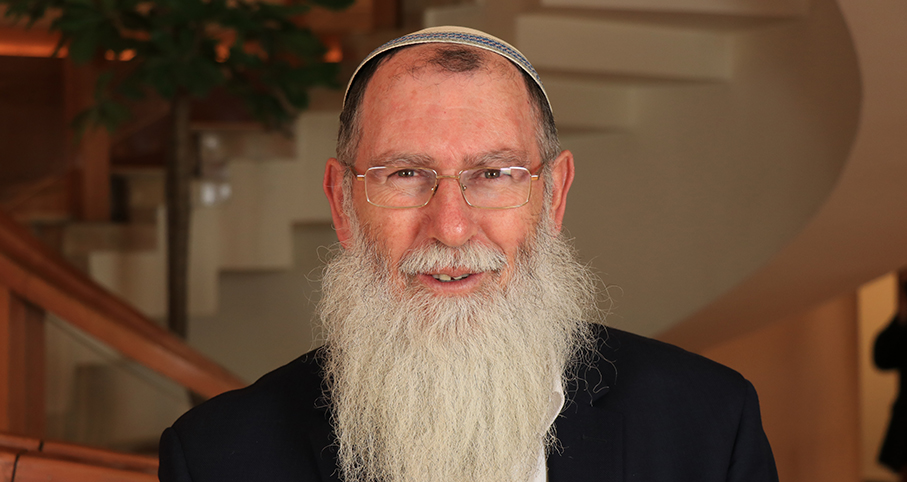Beit Midrash
- Torah Portion and Tanach
- Shmot
- Beshalach
- Sections
- Chemdat Yamim
- Parashat Hashavua
During the rebellion of Avshalom, David Hamelech escaped over the Jordan. When danger passed, David was in the process of returning to his throne in Jerusalem. The navi says that the people of Yehuda approached the king to have him pass the Jordan and they were tzoleach the Jordan before the king. Then it says that they were over the avara before the king was over (Shmuel II, 19:16-19). What do these words mean in this context?
The Radak says that tzoleach, which the Targum translates as "v’gazu" simply means to pass, as is evident from the Targum of mabarot in Yehoshua (Yehoshua 2:7). In contrast, Rashi explains it as splitting the water, which was done by the warriors putting their shields in the water to act as dividers. In this way, David passed through the Jordan in relative dryness, although this time it was not by means of a miracle but of natural intervention with the flow of the water. According to the Radak, David and his men chose a place to pass through where there was relatively little water. The Ralbag takes matters in a different direction – so many people passed through the water along with David, that it was difficult to notice from a distance that there was water there. Abarbanel said that the water was not the issue but that the way so many people lined up turned the event into one that resembled a the leader walking before an honor guard. According to this, tzoleach refers to a ceremony in honor of the success (hatzlacha). (One can find further expansion on the topic in my upcoming book, Tzofnat Shmuel on the reign of David.)
Let us pray that we will have "hatzlacha" in the period ahead of us, and that we will prevent splits within the nation and not allow our enemies to stand up against us.

Song of Men, Not Angels
From Siach Shaul, p. 224-5
Rabbi Shaul Yisraeli zt"l | 5772

The Power of Ruach
Rabbi Jonathan Sacks Z"tl | Shvat 10 5777
Believing & Planting: Beshalach, Emuna, & Tu B'Shvat
Rabbi Hillel Mertzbach | Shvat 12 5782





















